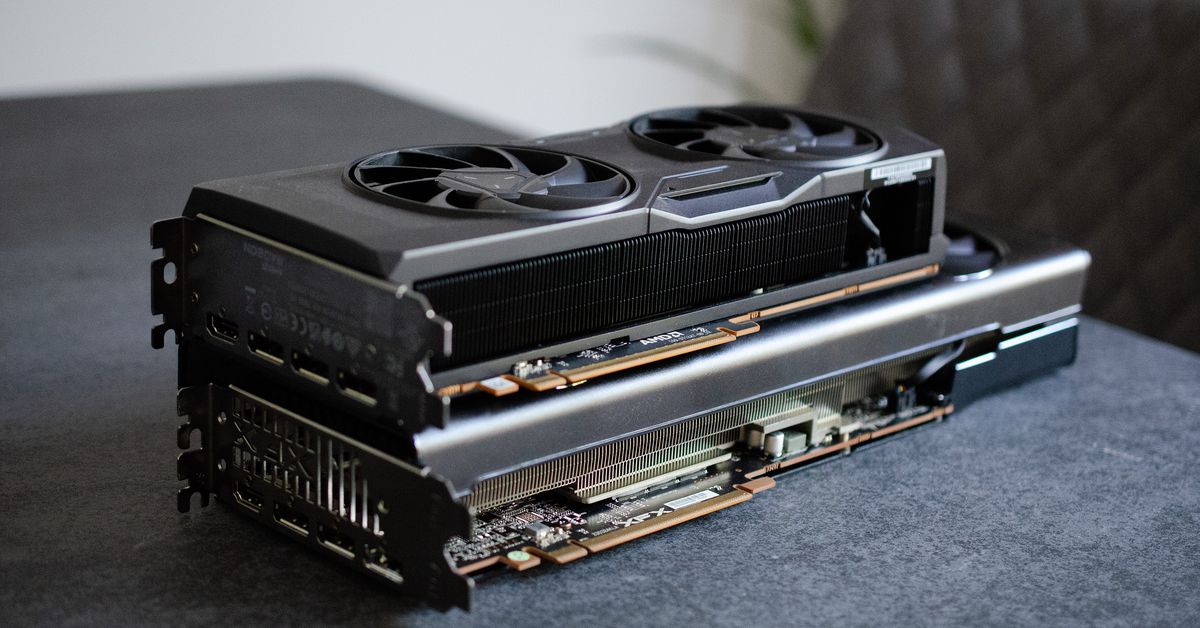
In almost every other way, it’s unremarkable. Reviewers agree: its performance is often indistinguishable from the AMD RX 6800 XT, a card released nearly three years ago. (Nvidia also recently released GPUs that couldn’t always beat their two-year-old predecessors: What has the industry been doing all that time?*)
Here’s the difference: three years ago, the RX 6800 XT debuted at $649.
When you factor in inflation, that’s $762 in today’s money. The reason today’s reviews of the RX 7800 XT are quite favorable, including ours, is that AMD is cutting against inflation.
Not just standard economic inflation, by the way — also the self-inflicted sort! Last November, I argued that GPUs had become more inflated than inflation itself, with Nvidia pricing its new flagship GPU 71.5 percent higher than the previous flagship and AMD pricing its flagship 38.5 percent higher than previously. General inflation only rose an ugly 16 percent during the same period.
I suspect Nvidia and AMD thought GPU buyers had gotten used to price increases. During the height of the pandemic, the AMD RX 6800 XT’s street price went north of $1,500. But those days are gone; GPU prices came back down to earth over a year ago.
The result was that it looked like both companies were giving buyers less than they deserve. Now, here comes AMD with performance that finally costs less — not more — than it did a generation ago.
https://www.theverge.com/2023/9/6/23861603/amd-radeon-rx-7800-xt-editorial-gpu-prices

